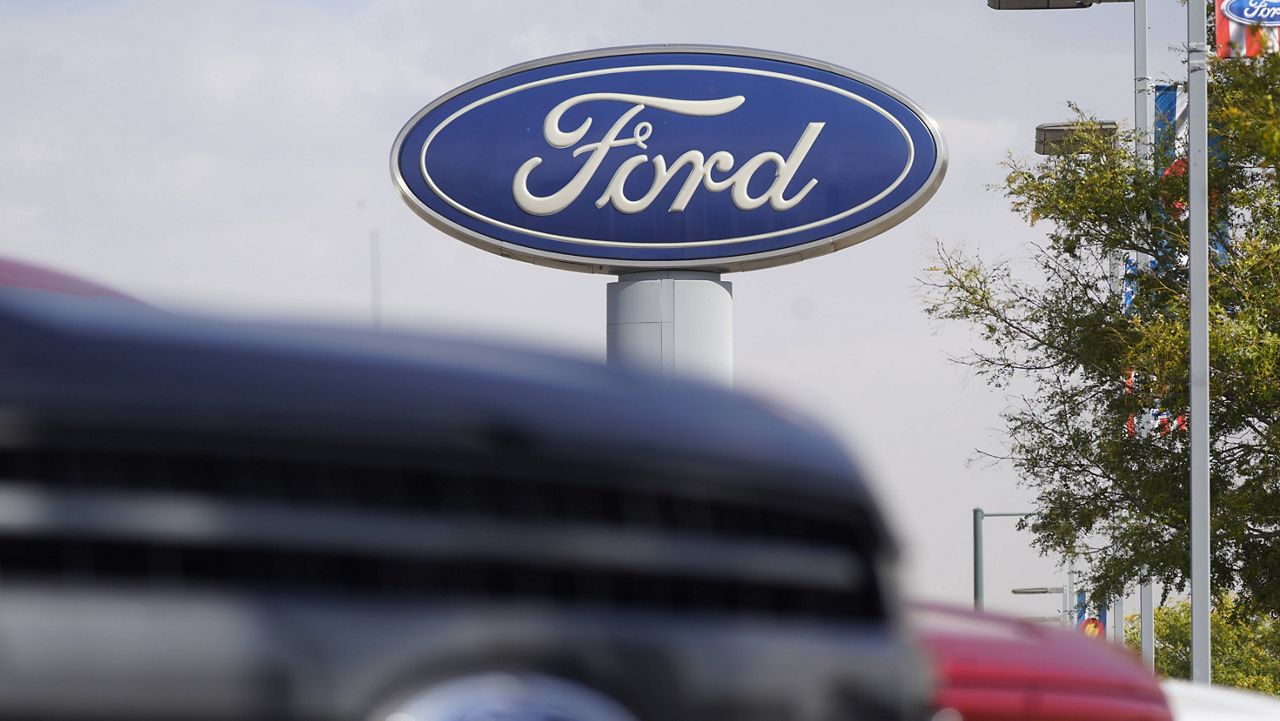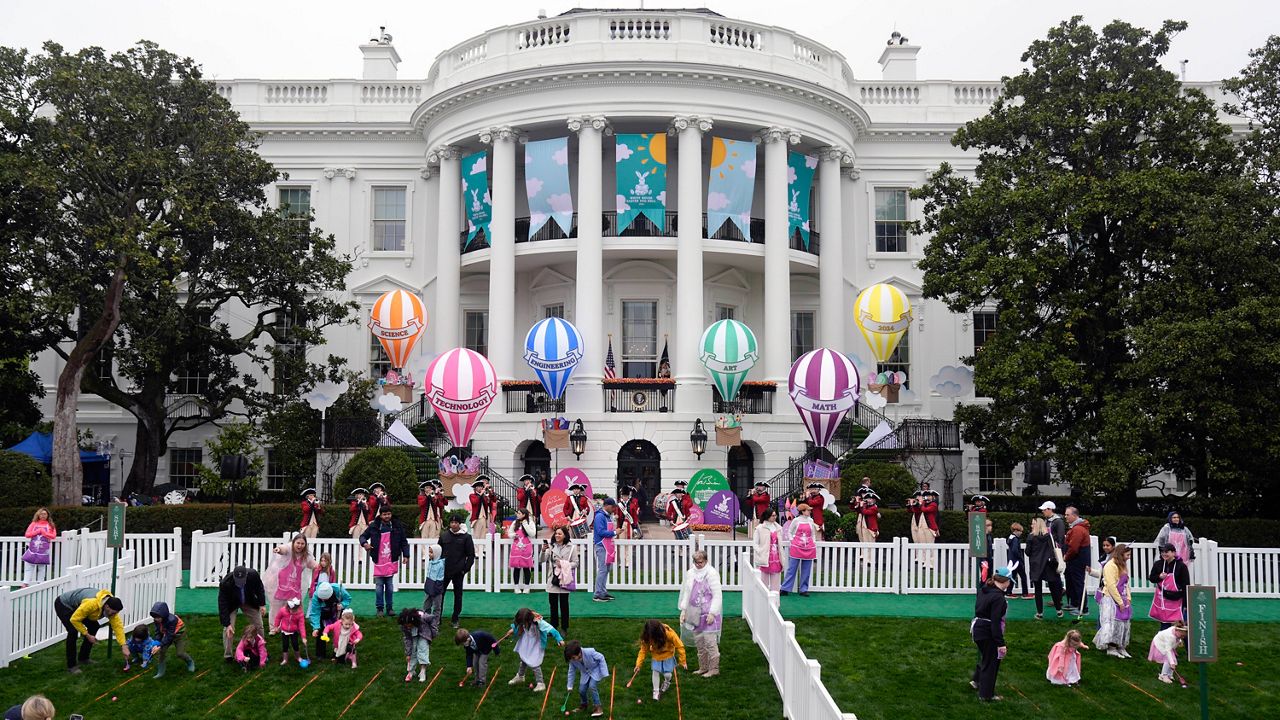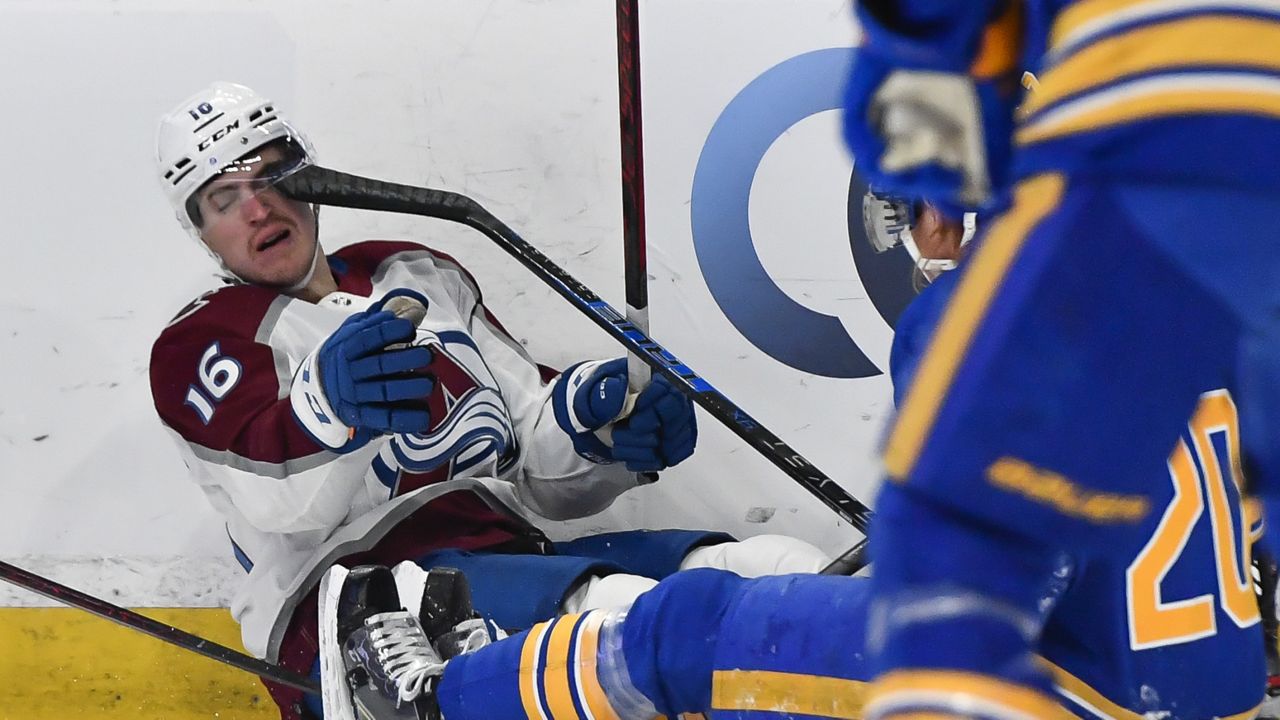Owners of some older Ford and Mazda vehicles should not drive their cars until they replace their defective air bags, the National Highway Traffic Safety Administration said Tuesday. The agency said more than 457,000 vehicles still have defective, unrepaired Takata airbags.
The do not drive warning covers 374,290 Ford vehicles, including 2004-2006 Rangers, 2005-2006 GTs, 2005-2014 Mustangs, 2006-2012 Fusions, 2006-2012 Lincoln MKZ/Zephyrs, 2006-2012 Mercury Milans, 2007-2010 Edges, 2007-2010 Lincoln MKXs and 2007-2011 Rangers.
Affected Mazda vehicles include 2004-2006 B-Series, 2007-2009 B-Series, 2003-2008 Mazda6s, 2006-2007 MazdaSpeed6s, 2004-2011 RX-8s, 2004-2006 MPVs, 2009-2013 Mazda6s, 2007-2012 CX-7s and 2007-2015 CX-9s.
The risk of a defective airbag rupturing in a crash increases with a vehicle’s age. NHTSA said passengers in the affected vehicles could be severely injured or killed by the airbags if an explosion occurs.
Owners of the affected vehicles are encouraged to take them to a dealership for a free repair. Ford and Mazda are both offering free towing, mobile repair and loaner vehicles.
In 2015, NHTSA ordered Takata to initiate a national recall because their airbags could explode when deployed. The airbags have killed 27 people in the U.S. and injured more than 400 people. The recall affected 34 million vehicles. Millions of those cars have yet to be fixed, NHTSA said.








